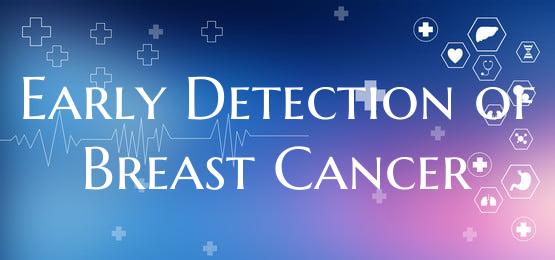
Early Detection of Breast Cancer
Breast cancer is one of the most common forms of cancer in women, with early detection playing a crucial role in successful treatment and a positive prognosis. Detecting breast cancer at an early stage increases the chances of effective treatment and improved outcomes for patients. There are several methods available for the early detection of breast cancer, including regular screening tests and self-examinations, which are essential in identifying any abnormalities in the breast tissue.
1. Screening Mammograms: One of the most effective methods for the early detection of breast cancer is through routine screening mammograms. Mammograms are X-ray images of the breast tissue that can reveal changes such as lumps or abnormalities that may indicate the presence of cancerous cells. Women are typically advised to start regular mammogram screenings around the age of 40, or earlier if there is a family history of breast cancer. Mammograms can detect breast cancer at an early stage, often before any symptoms are present.
2. Clinical Breast Exams: Clinical breast exams are physical examinations of the breast tissue performed by healthcare professionals. These exams can help detect any lumps or abnormalities in the breast that may need further investigation. It is recommended that women have a clinical breast exam at least once a year as part of their regular healthcare routine.
3. Breast Self-Exams: Although not a substitute for clinical exams or mammograms, breast self-exams are an essential way for women to become familiar with their own breast tissue and detect any changes. Performing regular self-exams can help women become more aware of their breasts' normal texture and appearance, making it easier to notice any new lumps or changes that may require medical attention.
4. Genetic Testing: For women with a family history of breast cancer or certain genetic mutations, genetic testing can help assess the risk of developing breast cancer. Knowing your genetic risk factors can help guide healthcare providers in recommending appropriate screening and preventative measures for early detection and intervention.
Early detection of breast cancer is vital in improving treatment outcomes and increasing survival rates. By being proactive about screening, self-exams, and genetic testing when appropriate, women can take control of their breast health and increase the chances of detecting breast cancer at an early, more treatable stage.
Remember, early detection saves lives. If you have any concerns about your breast health, don't hesitate to consult with your healthcare provider for guidance on the best screening practices for early detection of breast cancer.